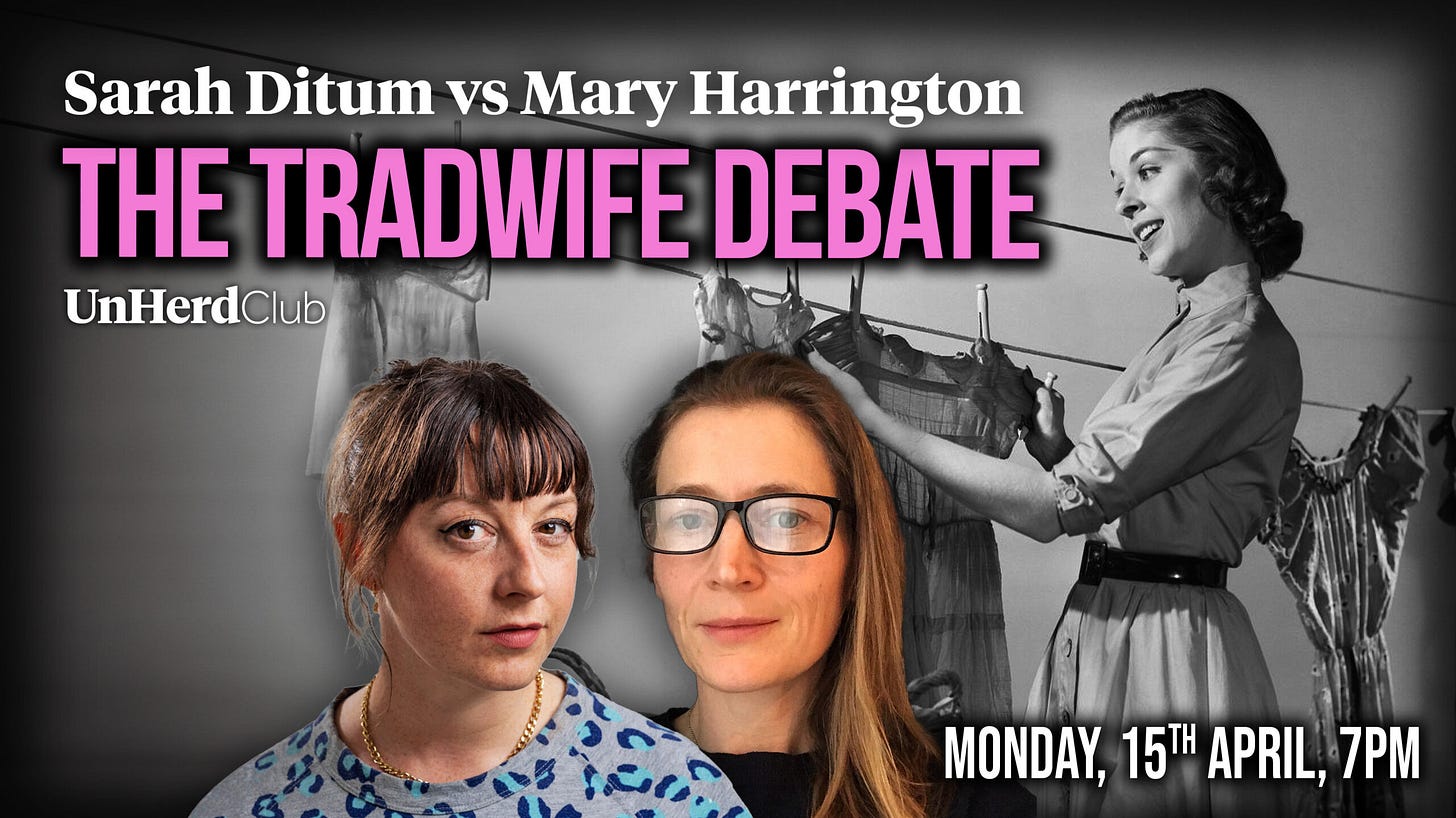One word for this edition of Tox Report: Hubermania. But before we get onto the sex lives of podcasters, I wanted to flag up some good tweets from Scott Wortley in response to last week’s section on Alasdair Gray’s Something Leather:
re something leather. It is of course not really a novel. Gray fixes it, to a degree, in his collected stories where it is collected under the heading Glaswegians as a tribute to Joyce (of sorts) and trying to avoid some of the worst excesses the title encouraged.
the first paperback edition of it did not use Gray’s cover picture but was instead a moody photograph of a faceless woman from the side, long hair, and tight fitting leather outfit. It did not help the impression
This inspired me to look up the paperback edition of Something Leather, and it is indeed liveried like something from the soft porn Black Lace imprint. It’s basically sacrilegious put any Gray book in a non-Gray cover, but this is some truly epic misselling:
Last week, I reviewed All the Rage, Virginia Nicholson’s history of beauty and women’s liberation — an absolute trove of terrible things women have done to themselves in the service of aesthetics, but also a thoughtful and provocative book because it takes seriously the pleasures (intangible) and the value (bluntly economic) of female attractiveness. I also made an appearance on the podcast I’d Rather Be Reading to talk about Toxic — I loved this conversation because it was very much about the catharsis of two women realising how intensely messed up our youthful media consumption had been. It’s on Spotify and Apple Podcasts.
And if you’d like to hear me speaking not just through your headphones but in person, you can do exactly that at the UnHerd Club in Westminster on Monday 15 April, when I’ll be debating the tradwife phenom with Mary Harrington. I genuinely have no idea how this conversation will go, on account of Mary being one of the few contemporary thinkers to be both consistently surprising and uncalculatedly provocative — I’m not even sure which of us is supposed to be “pro” or “anti” the tradwife — so I think it will be a lot of fun. Head here for tickets.
Finally, self-congratulation corner: Tox Report hit one thousand subscribers last week! Without being a massive sap about it, I really appreciate having this bit of the internet where I get to chat about the strange melange of obsessions I nurture. Thank you for coming by, and for not being put off by the snake/Robert Maxwell/weightlifting content.
Listened
The Cluster F Theory (Substack/your favourite podcast app)
My brilliant friend Gia Milinovich has launched a new podcast with Timotheus Vermeulen. Each episode, they talk to a different guest about what you could roughly call the pervasive sense of fucked-upness in every aspect of life. There are six episodes so far, and all of them have the feeling of inviting you into the most exciting conversation at a party — something serendipitous and revelatory. It’s a close-run thing, but my favourite so far is the second, in which art historian Joseph Koerner takes a deep, deep dive in Bosch’s “The Garden of Earthly Delights”.
There’s so much in here that I’d never considered — for example, that the practice of people recording their feelings about artworks only appears in the archives after Bosch’s death (meaning that what seems a natural, inevitable part of the way we look is actually historically contingent), or the possibility that Bosch saw his own artistry as a form of illegitimate, and so damnable, creation. Koerner is a delightfully mischievous conversationalist, and Gia and Timotheus have a chemistry that just makes listening to them a pleasure.1
Watched
Anatomy of a Fall (Prime, limited theatres)
You can still catch Anatomy of a Fall in a few theatres, and I’m glad I did: if nothing else, watching it in the silence of a cinema stops you ruining for yourself by engaging in running disputation with your viewing companions. Because, oh my God, there is so much in this film you will want to discuss. (And as ever, watch it before you read this if you can.) In terms of format, it’s a legal procedural — a kind of Law and Order: Mountain Chalet, starting with the crime and following the investigation and trial. Actually that’s not quite correct: the whole question of the film is whether a crime has been committed at all.
Did Sandra (an electric Sandra Hüller, who has had a very good year between this and Zone of Interest) push her (unbearable, sorry to tip my hand but he really is) husband from their home’s attic, or did he jump? Because this happens in France, this is all explored through the inquisitorial system, in which every official seems to be a different kind of judge and everyone interrupts in court whenever they feel like it — with a little allowance for dramatic licence, it is apparently pretty accurate.
It would be wrong to say this is a movie with no ultimate truth, but it is a movie where seeing is mostly not believing. In the world of the film, something happens in the attic that leaves someone dead; it’s just that we can’t access an authoritative version of what that something is. The key pieces of evidence are the testimony of Sandra’s blind son Daniel, and two pieces of audio recording. In both cases, the truth of what happened must be extrapolated from sound: flashback scenes overlay the recordings, and sometimes contradict each other.
Like Daniel, we’re itching for a resolution that the available information cannot sustain — director and screenwriter Justine Triet does an extraordinary job of making a guilty Sandra or an innocent one equally plausible up to and beyond the credits. Seeking the truth can, perversely, make the truth more obscure. Early on, Sandra tells her lawyer that her husband fell accidentally; that can’t be true, says the lawyer, because the court won’t believe it. At which point she handily recalls something that may point to a previous suicide attempt. She is trying to establish that her husband is the kind of person who would jump; we are asking ourselves if she’s the kind of person who would murder him.
In cases of doubt, the film prescribes taking a sort of radical ownership of the truth. In a pivotal scene, Daniel’s court-appointed guardian tells him: “When we lack an element to judge something, and the lack is unbearable, all we can do is decide… Since you need to believe one thing but have two choices, you must choose.” The film pulls off an audacious bait and switch: you think you’re watching a didSandradunnit, but it’s a doesDanielthinkSandradunnit.
Read
Kerry Howley, “Andrew Huberman’s Mechanisms of Control” (New York Magazine)
Andrew Huberman, a podcaster who has become an enormous success by offering neuroscience-glossed self-help, turns out to have been helping himself to a lot more than morning sunlight and dubious supplements: according to multiple women intimately acquainted with the matter (“the matter” in question being Andrew Huberman’s penis), he was running up to six relationships concurrently — and without the women being being aware of each other. Obviously this has been met by certain men saying “lol what a Chad”, but the detailed descriptions of how he pulled it off have a real monkey’s paw vibe:
while Sarah was in Berkeley, Andrew had flown Mary from Texas to L.A. to stay with him in Topanga. While Mary was there, visiting from thousands of miles away, he left her with Costello. He drove to a coffee shop, where he met Eve. They had a serious talk about their relationship. They thought they were in a good place. He wanted to make it work.
This sounds awful. I mean, sex is great, but have you ever tried not living in a state of constant high-wire stress and imminent disgrace? Just look at his weird little smirk when he literally describes the stress of (theoretical but not actually theoretical) industrial scale cheating on another podcast.
There’s an obvious throughline between Huberman’s public dedication to the process of self-optimisation, and his private commitment to girlfriend-maxing: as the article says, “The problem with a man always working on himself is that he may also be working on you.” Something I suspect about optimisation culture is that the focus on reaching “peak performance” is really a way of procrastinating and never risking the failure that might come with actually performing. The same applies here: pathologically keeping women on the hook is a great way to never make yourself vulnerable in a relationship. (No wonder he was so neurotic about making sure his dog’s comfort. It seems like the only living being he was half committed to.)
I’ve seen a few responses that accuse the article of casting Huberman as a predator without saying the word, and go on to defend him from an allegation that was never made. Sure he’s a hound, but who cares if a podcaster screws around? That overlooks the non-relationship stuff in here — the flakiness of his self-authored hard-knocks legend, the fact that the “lab” with which he buffs his scientific credentials appears not to exist in any meaningful sense — which ought to be ruinous but won’t be, because we live in a time of no shame.
It also overlooks the fact that some of the stuff in here really is pretty grim: I believe there is a term for a pattern of belittling, raging at and undermining your partners, even if the article stops shy of using it. And he should have a special place in hell based purely on his response to a woman who started IVF with him before an HPV diagnosis clued her into his nonmonogamy: “Huberman denies that he and Sarah [the girlfriend] had decided to have children together, clarifying that they ‘decided to create embryos by IVF.’” Sure sure, women go through the invasion and misery of IVF purely to create some embryos without any expectation of having a child. Follicle stimulation is fun!
But I’m also fascinated by how much he was simply out there saying exactly who he was, while the women apparently hoped they were getting an entirely different Huberman. On podcasts, but also directly to them: “Multiple women recall him saying he preferred the kind of relationship in which the woman was monogamous but the man was not.” Perhaps the women thought the screwing around was something he might refrain from if they could just be a good enough girlfriend; maybe he thought he was giving them fair warning. But I wouldn’t rule out the possibility that keeping them on their toes was — if not the whole point, then not exactly unwelcome. It’s another kind of optimising, I guess.
Gimme, gimme more…
It’s a legal requirement to find everything Beyoncé does to be an incredible work of revolutionary genius, but my take on Cowboy Carter is that, like Renaissance, it’s overlong and pretty patchy. Thank you Chris Richards in WaPo: “the cumulative sadism of a middle school talent show, a GOP campaign event and a Rock & Roll Hall of Fame induction ceremony.”
Shabana Mahmood strikes me as one of the most impressive people in the shad cab, and this was an impressive interview that managed to track a path through the whole tricky Labour-Gaza issue, and ends with a solid policy position on building prisons.
I hope the Scottish police are prepared for their new full-time job of moderating an entire country (lol police love this petty bullshit, so much easier than solving a burglary).
Enjoyable booting (OK, more a faint praising than a booting) of Joel Golby by Eleanor Halls, which is really asking the question: what happens when the “voice” of a “generation” turns out to be a midwit humorist?
Eleanor’s newsletter is a great read, and from it I gleaned this Washington Post review of the new Lauren Oyler essay collection, which is really asking the question: what happens when the “voice” of a “generation” has to supply some substance beyond posturing reaction? (I liked Fake Accounts, though, so I’m willing to find No Judgment more impressive than this critic does.)
YES:
I fully believed that I’d seen The Garden of Earthy Delights in Rotterdam in 2001, but according to this article, the painting was too fragile to travel — so that’s a false memory.









